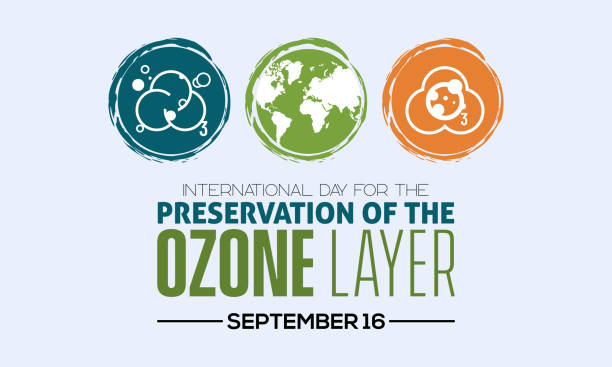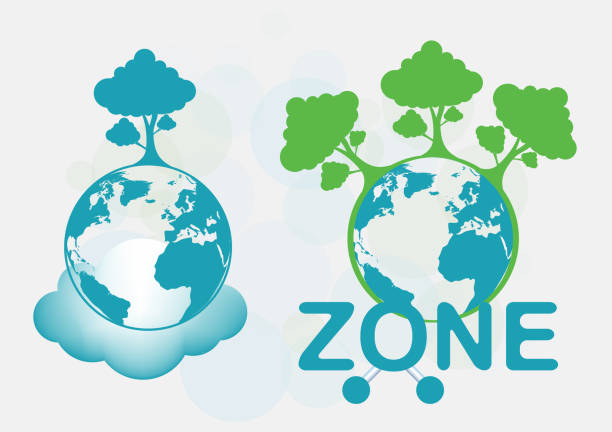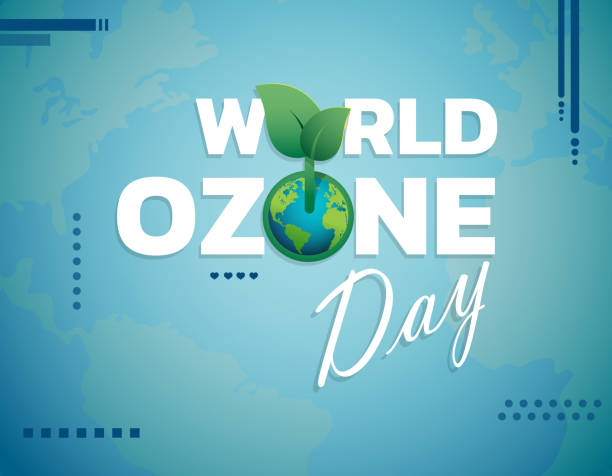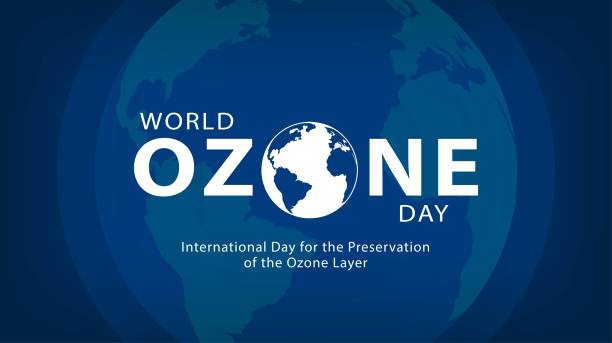World Ozone Day 2023
The International Day for the Preservation of the Ozone Layer, also known as World Ozone Day, is celebrated on September 16 each year. This day's main goal is to increase public awareness of the ozone layer's decline and to motivate people to take action to protect it. The significance of the International Day for the Preservation of the Ozone Layer will be covered in more detail in this article. Specific annual observances serve as vital reminders of our responsibilities towards the earth we call home in a world where environmental concerns have taken main stage. Every year on September 16, people around the world observe World Ozone Day as a symbol of their dedication to protecting the ozone layer of the Earth.

This important festival offers a chance to think about the importance of the shield that shields our planet and the ongoing worldwide efforts aimed at preserving its health and lifespan. The blog discusses important subjects like the background of World Ozone Day, international efforts to protect the ozone layer, the theme for 2023, the significance of ozone layer conservation, the global response, and upcoming challenges. It also highlights successful conservation efforts through case studies and events.
Theme for World Ozone Day 2023
The main focus of this year's celebration is the World Ozone Day Theme 2023, "Preserving Ozone, Protecting Our Atmosphere." The importance of the ozone layer in preserving a stable and healthy environment for all life on Earth is highlighted by this thoughtfully chosen topic. It demonstrates how important ozone layer preservation is for the health of our planet, not just as an environmental issue.

History
On March 22, 1985, a resolution was approved by the Vienna Convention for the Protection of the Ozone Layer. After the ozone hole over Antarctica was discovered, the necessity became apparent. The Montreal Protocol on Substances that Deplete the Ozone Layer was drafted on September 16, 1987, following the passage of the resolution. The Montreal Protocol on Substances that Deplete the Ozone Layer was signed on September 16, 1994, and the UN General Assembly later in 1994 declared that day to be International Day for the Preservation of the Ozone Layer.

Significance
The International Day for the Preservation of the Ozone Layer 2023 will be marked on September 16 in order to raise awareness of the ozone layer's significance, the harm that is being done to it, and measures to protect it. The purpose of the day is to remind everyone to contribute to ozone layer protection.

International Treaties to Protect the Ozone Layer
A framework for international collaboration to safeguard the ozone layer was developed by the Vienna Convention for the Protection of the Ozone Layer, which was universally ratified by 2009. The treaty gave the Montreal Protocol the required framework. It exhorted nations to cooperate in order to safeguard the ozone layer. It prepared the way for the development of the Montreal Protocol.

A key multilateral agreement that controls the manufacture, use, and emissions of ozone-depleting substances (ODSs) is the Montreal Protocol. Each year, the parties to the Protocol meet to make decisions that will ensure its effective execution. The protocol controls how ozone-depleting compounds are created, used, and released into the atmosphere.Each year, the parties to the Protocol meet to make decisions that will ensure its effective execution.

The Kigali Amendment, which was most recently passed, mandated that hydrofluorocarbons (HFCs) be phased out by 2016. The eighth modification to the Montreal Protocol is the Kigali Agreement. By 2045, the production and usage of hydrofluorocarbons (HFCs) are to be significantly reduced, according to this amendment, which has the support of 197 member nations. The signatory nations are required under the agreement to cut their production and consumption of hydrofluorocarbons (HFCs) by around 80–85% from their baseline levels by 2045. By limiting the rise in world average temperature to 0.5 degrees Celsius by 2100, this will aid in minimising global warming.
















